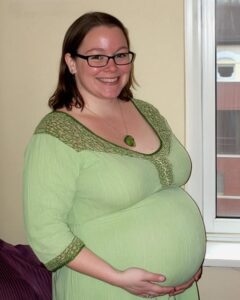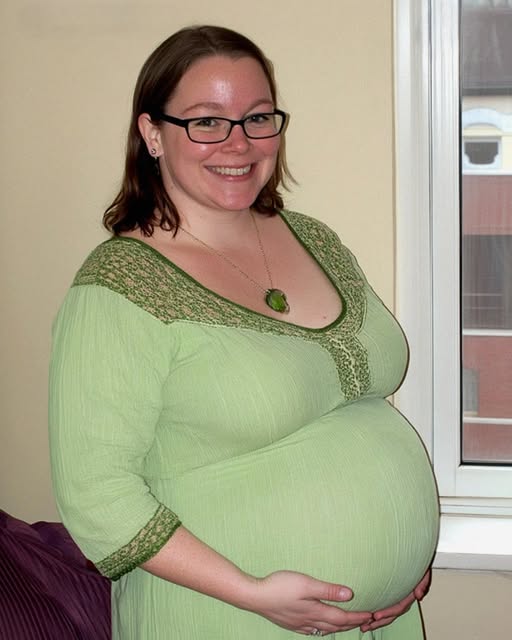Six grueling hours into labor, I was gripping Dave’s hand as though it were the only thing anchoring me to reality. The pain came in crashing waves, and every breath felt like it might split me apart. In the middle of it all, his phone lit up on the bedside table. The screen flashed one word: “Mom.”
Dave slipped his hand from mine, stepped into the hall to answer, and returned with a twitchiness that set my nerves on edge. Leaning close, he whispered as if sharing a small, harmless secret: “I need to go. Just for a bit.”
Another contraction tore through me, and I shook my head desperately. “Dave, please. No. I need you here. Right now.”
But his response cut deeper than the pain in my body. “It’s my mom. The groceries are heavy.”

And then—just like that—he bolted. My phone buzzed a few minutes later with a text that felt like a cruel joke: “I’ll be back soon.”
The nurse noticed my monitors spike. “Talk to me, honey,” she said gently, her eyes filled with concern.
“My husband left,” I whispered, feeling my voice crack under the weight of betrayal. She didn’t flinch or judge—she simply took my hand, squeezing it firmly, grounding me when the person who should have been there had chosen otherwise.
I grabbed my phone again and dialed my dad. Within an hour, he rushed in, the comforting aroma of fried chicken clinging to his clothes. He smelled like home, like safety. The sight of him nearly unraveled me. He pulled up a chair and stayed, ready to be the steady presence my husband should have been.
By my side was Gloria, the nurse who never let go of my hand, and with my dad recording the moment on his phone, I brought my daughter—our daughter—into the world. Little Gabrielle. My heart cracked wide open. Joy flooded in, but so did grief. How could such wonder arrive wrapped in such abandonment?
When the time came to leave the hospital, I made a decision. I chose peace for myself and for my baby. My dad drove us home, the car quiet except for the soft, rhythmic breaths of my newborn. Before I left, I placed a flash drive with the video of the birth and a handwritten letter for Dave on the hospital nightstand. The note was simple, deliberate:
“This is what you missed. Decide if you understand what being a father costs.”
He showed up too late.
Days later, at my dad’s house, I opened the door to find Dave standing on the porch, eyes rimmed red, words tumbling out in a rush. “I chose wrong. Please… let me make it right.”
I stood with Gabrielle in my arms, my heart hardened by what had already been lost. “Words won’t fix this,” I told him evenly. “Actions will. Show me—or don’t show up at all.”
Since then, he’s tried. To his credit, he has shown up for midnight feedings without being asked, taken Gabrielle to doctor’s appointments, and picked up household chores without complaint. For once, he’s not waiting for me to beg—he’s simply doing what needs to be done.
But forgiveness isn’t instant. I am letting time decide whether these actions are born from guilt, or from real change. One thing remains certain: his mother owes an apology too. Because enabling selfishness isn’t love—and what she asked of him that night nearly destroyed us.


